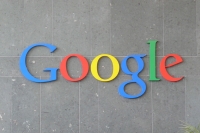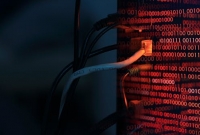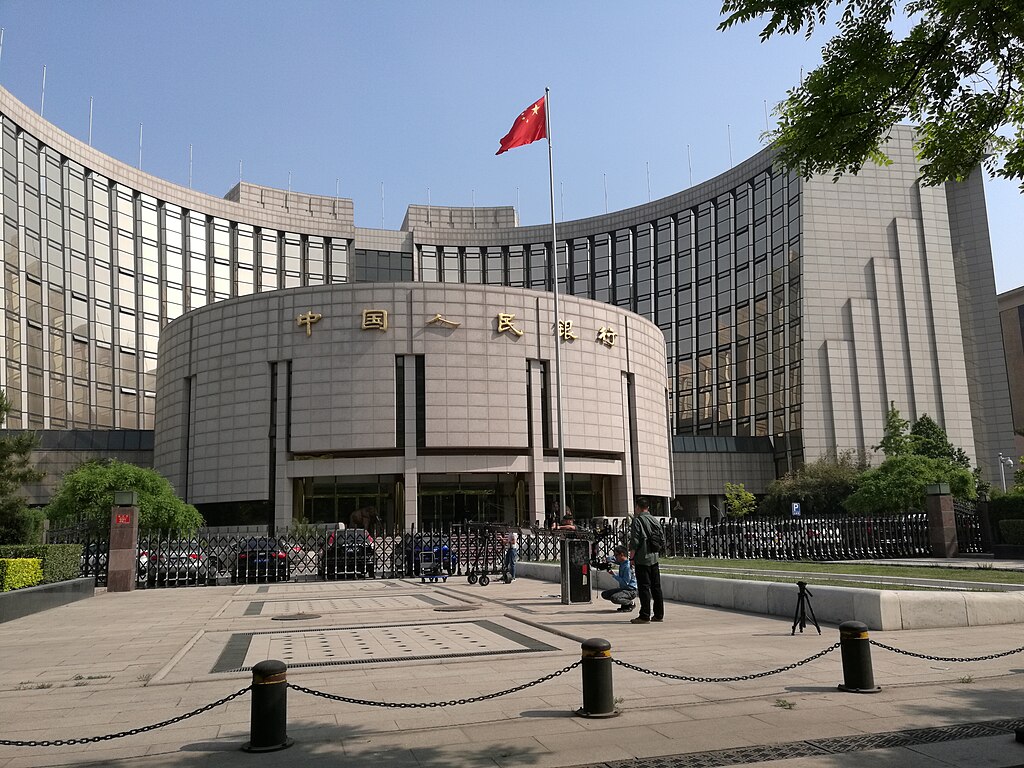
Paul Haskell-Dowland
Associate Dean (Computing and Security), Edith Cowan University
Dr Paul Haskell-Dowland is the Associate Dean for Computing and Security in the School of Science at Edith Cowan University, Perth, Australia and is an associate member of the Centre for Security, Communications & Network Research within the School of Computing, Electronics and Mathematics at Plymouth University in the United Kingdom. His interests include network and system security, teaching and learning technologies, and security education.
Dr Haskell-Dowland is the Working Group Coordinator to the International Federation for Information Processing (IFIP) Technical Committee 11 (TC11 - Security and Privacy Protection in Information Processing Systems), the secretary to IFIP Working Group 11.1 (Information Security Management), a Fellow of the Higher Education Authority, a Senior Member of the IEEE, an Honorary Fellow of the Sir Alister Hardy Foundation for Ocean Science, a Fellow of the BCS and a Senior Member of the ACS/Certified Professional. He is the author of over 60 papers in refereed international journals and conference proceedings, edited 29 proceedings.
Dr Haskell-Dowland, together with colleagues at Plymouth University (Dr Bogdan Ghita and Prof. Steven Furnell), co-invented the ICAlert platform. ICAlert is a managed device that monitors Internet access (initially aimed at primary and secondary schools), targeting users attempting to access illegal content (child abuse images) as well as terrorist content. In February 2017, following several years of trials, a commercial product was launched in collaboration with the SouthWest Grid for Learning and the Internet Watch Foundation.

Optus blackout explained: what is a ‘deep network’ outage and what may have caused it?
Nov 09, 2023 06:59 am UTC| Technology
Optus customers woke up this morning to find they were unable to get their social media fix, and they werent happy. Around 4am AEDT, customers started to report an inability to access both mobile and home internet...

Most data lives in the cloud. What if it lived under the sea?
Oct 27, 2023 14:56 pm UTC| Technology
Where is the text youre reading, right now? In one sense, it lives on the internet or in the cloud, just like your favourite social media platform or the TV show you might stream tonight. But in a physical sense, its...

Today's Google outage was brief but disconcerting
Aug 10, 2022 01:37 am UTC| Technology
Earlier today, reports began emerging Google was down. Google down for thousands of users - Downdetector https://t.co/jQYLzHdjNC pic.twitter.com/TIbcYrtImU Reuters (@Reuters) August 9, 2022 While it has...

Is Russia really about to cut itself off from the internet? And what can we expect if it does?
Mar 12, 2022 11:25 am UTC| Technology
The invasion of Ukraine has triggered a significant digital shift for Russia. Sanctions imposed by governments around the world together with company closures or mothballing have significantly impacted the country. A...

This New Year, why not resolve to ditch your dodgy old passwords?
Jan 03, 2022 11:58 am UTC| Life
Most of the classic New Year resolutions revolve around improving your health and lifestyle. But this year, why not consider cleaning up your passwords too? We all know the habits to avoid, yet so many of us do them...

How does the Pegasus spyware work, and is my phone at risk?
Jul 24, 2021 06:56 am UTC| Technology
A major journalistic investigation has found evidence of malicious software being used by governments around the world, including allegations of spying on prominent individuals. From a list of more 50,000 phone numbers,...
'We have filed a case under your name': beware of tax scams — they'll be everywhere this EOFY
Jun 20, 2021 12:15 pm UTC| Life
The end of the financial year is near. So all of us especially those scrambling at the last minute to get their receipts in order should keep an eye out for the accompanying onslaught of tax scams. Posing as the...
- Market Data

































